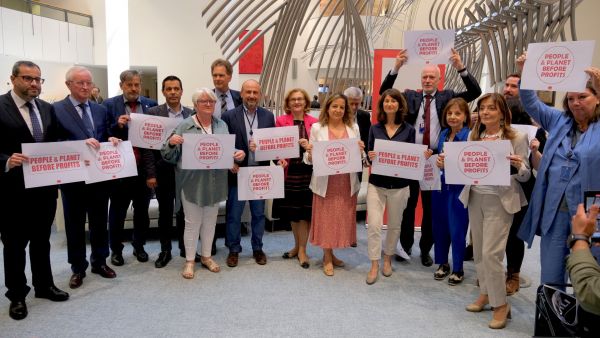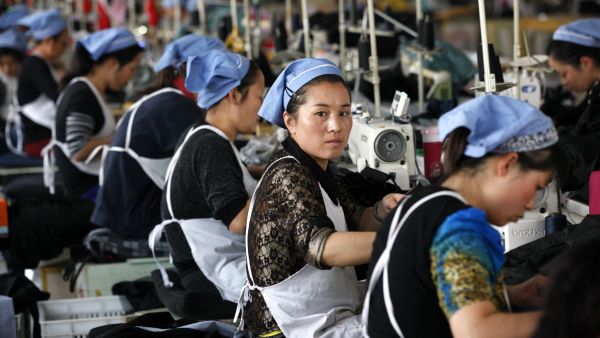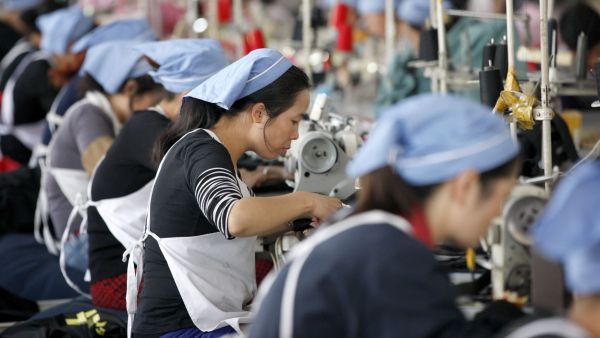Socialists and Democrats want to block a proposal by the European Commission to extend the authorisation of glyphosate, a substance used as a herbicide worldwide which according to the World Health Organisation (WHO) is probably carcinogenic to humans.
The current license for glyphosate in the EU will expire in June, and the standing committee of experts from the European Commission will vote on 7 March on whether to extend it. MEP Pavel Poc, who is the S&D spokesperson on glyphosate, sent a letter today to the Commission asking to postpone any decision, at least until the European Parliament takes a formal stand on this subject in an on-going scrutiny process.
MEP Pavel Poc said:
"There are contradicting opinions regarding glyphosate with a WHO agency warning of potential harm to human health, and the European Food Safety Authority (EFSA) dismissing any danger while basing its decision on unpublished studies. This is really a model situation for the application of the precautionary principle as foreseen by the European treaties.
"It is absolutely unacceptable to renew the authorisation of glyphosate for another 15 years, as proposed by the Commission, when in fact we should be discussing a ban on this dangerous substance. We must find the truth before we take a final decision. The health of citizens is at stake."
S&D vice-president Kathleen Van Brempt said:
"We may not give in to any pressure from industry when public health is at stake. Glyphosate is used extensively in agriculture, city parks and playgrounds. Big multinationals like Monsanto are selling it under other names, such as the brand Roundup. Public health is not negotiable and must not be compromised by any commercial interest, so let's wait until the Parliament has done its work."
S&D spokesperson on health and environment, Matthias Groote MEP, said:
"After the two contrary results from the studies concerning the carcinogenicity of glyphosate carried out by the International Agency for Research and Cancer (IARC) and EFSA, there are still too many inconsistencies to reapprove glyphosate for the maximum possible period of 15 years. Further information is needed before taking any decision that could affect the health of all European citizens and its flora and fauna."









